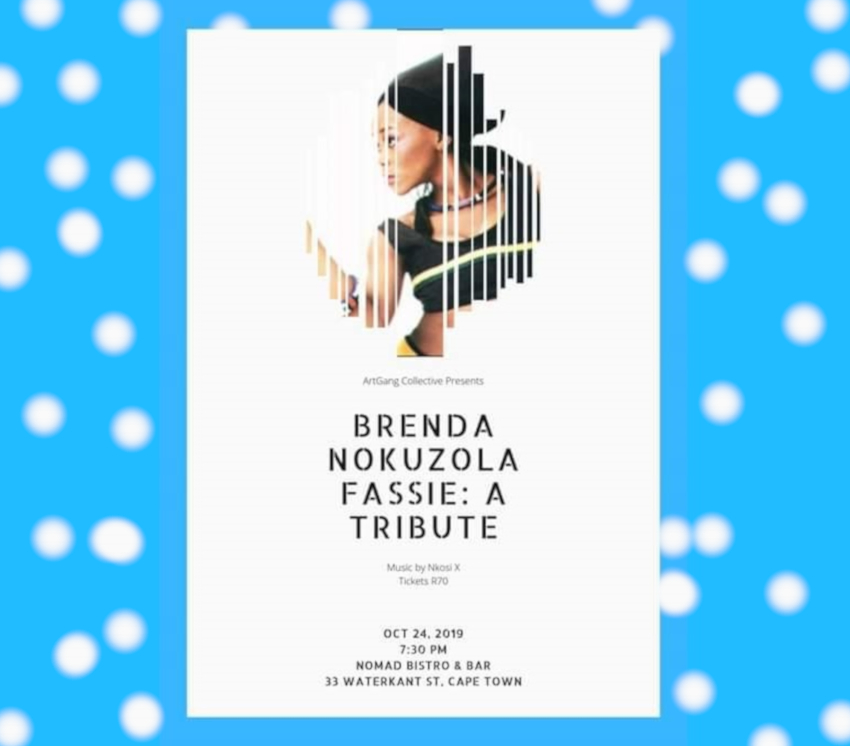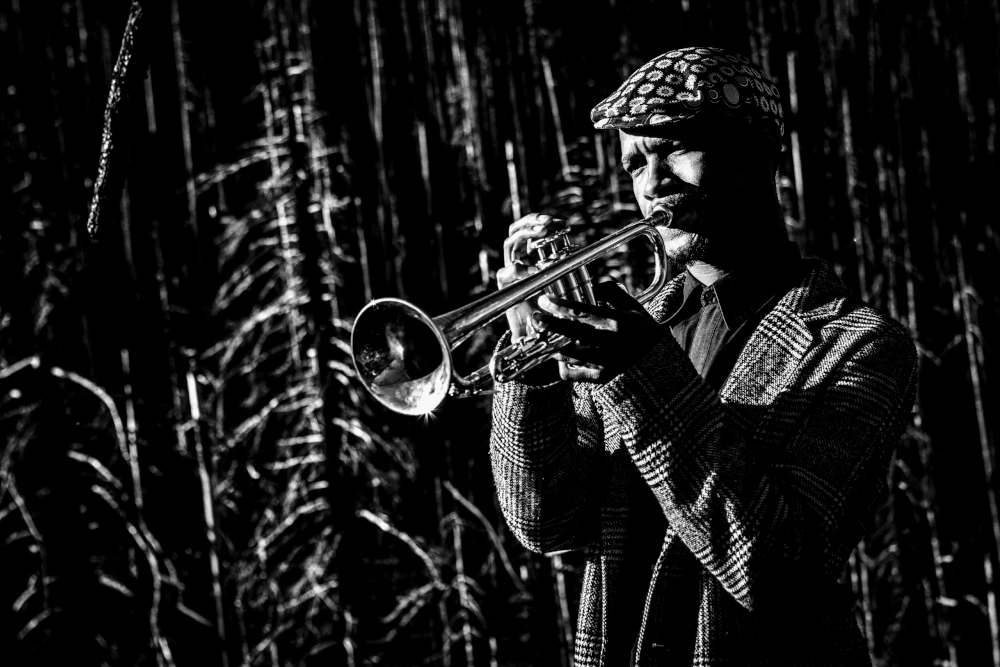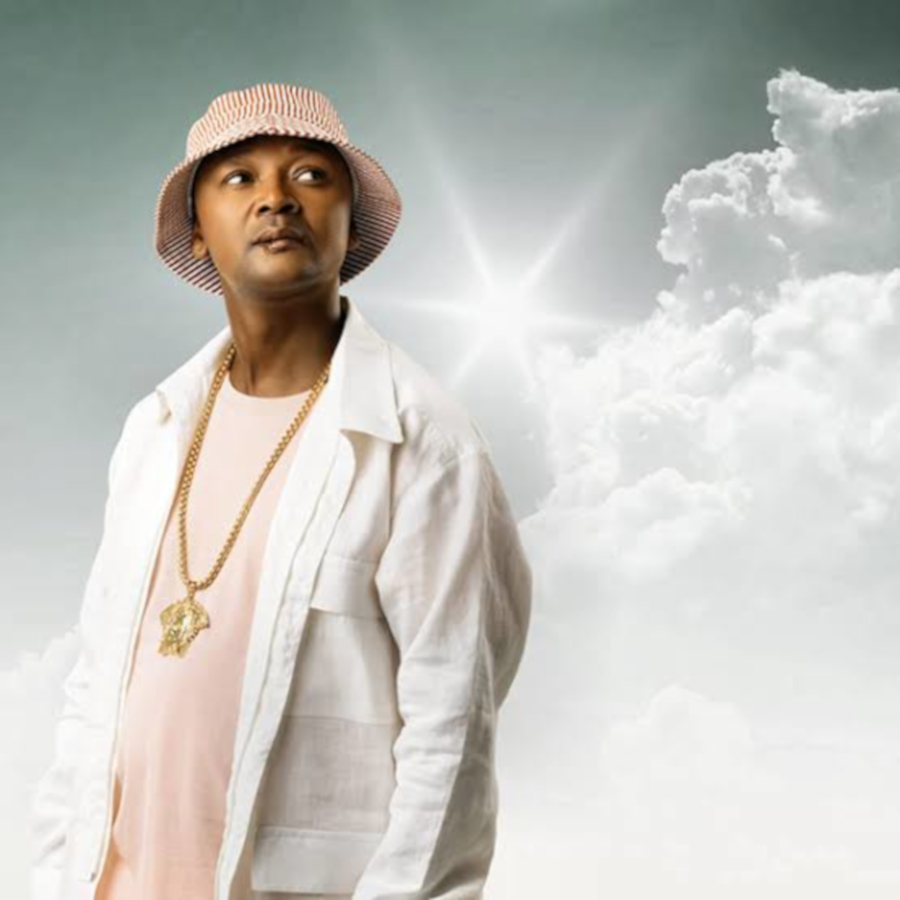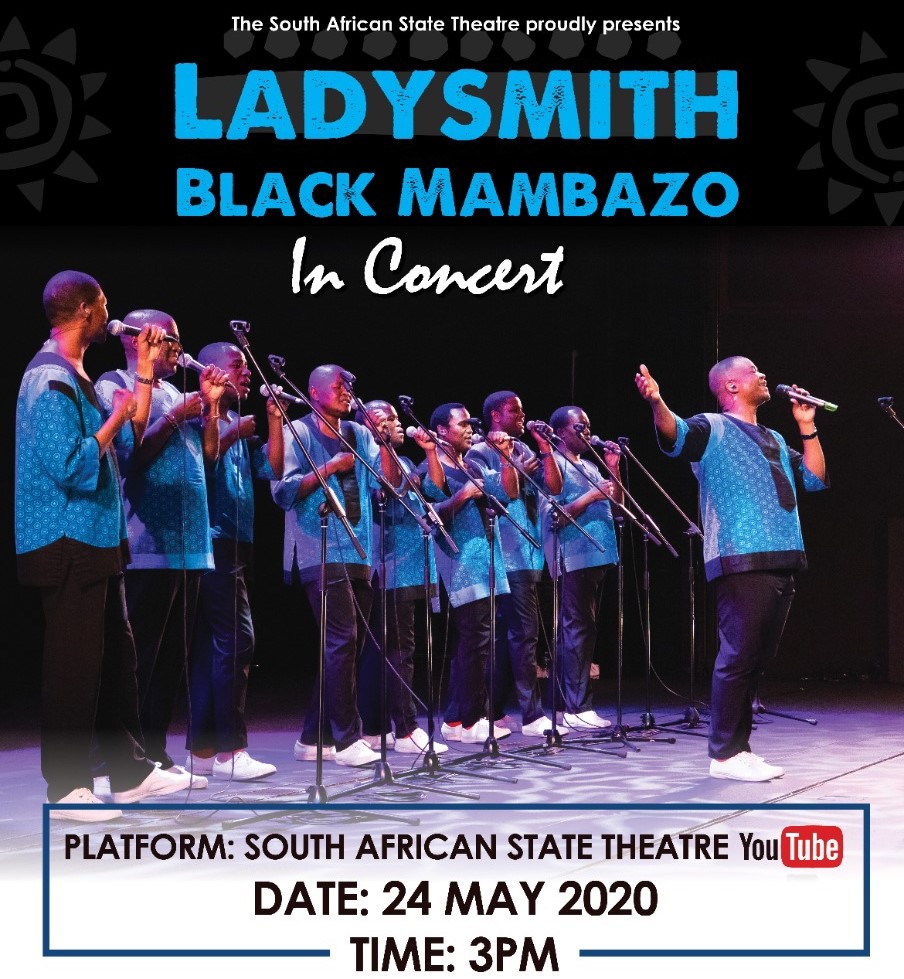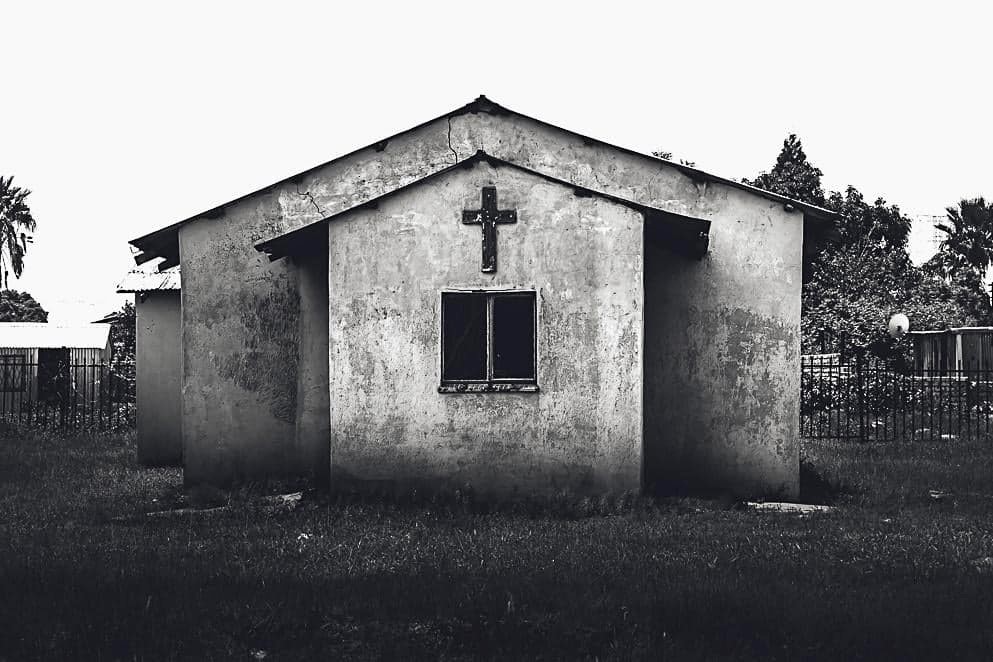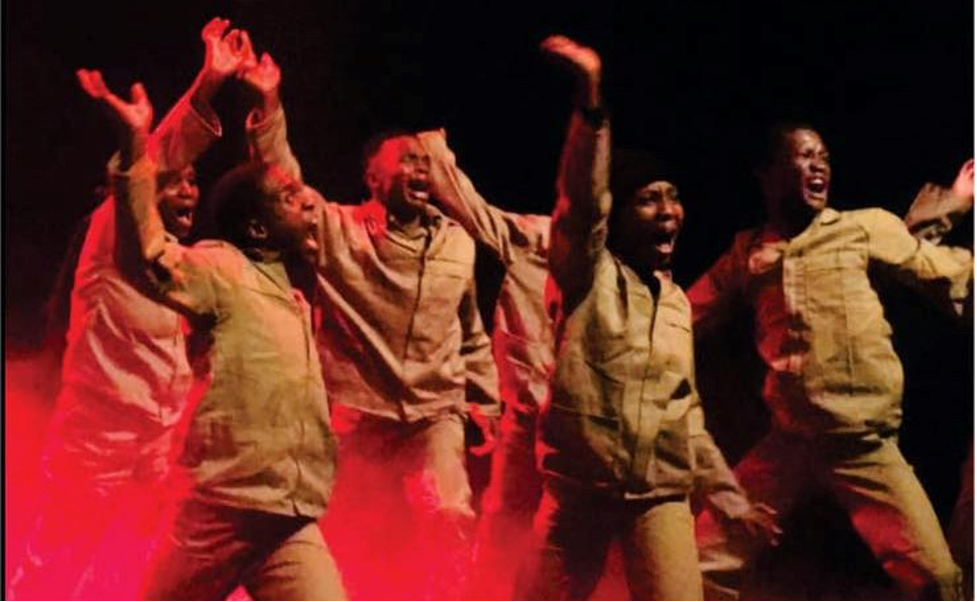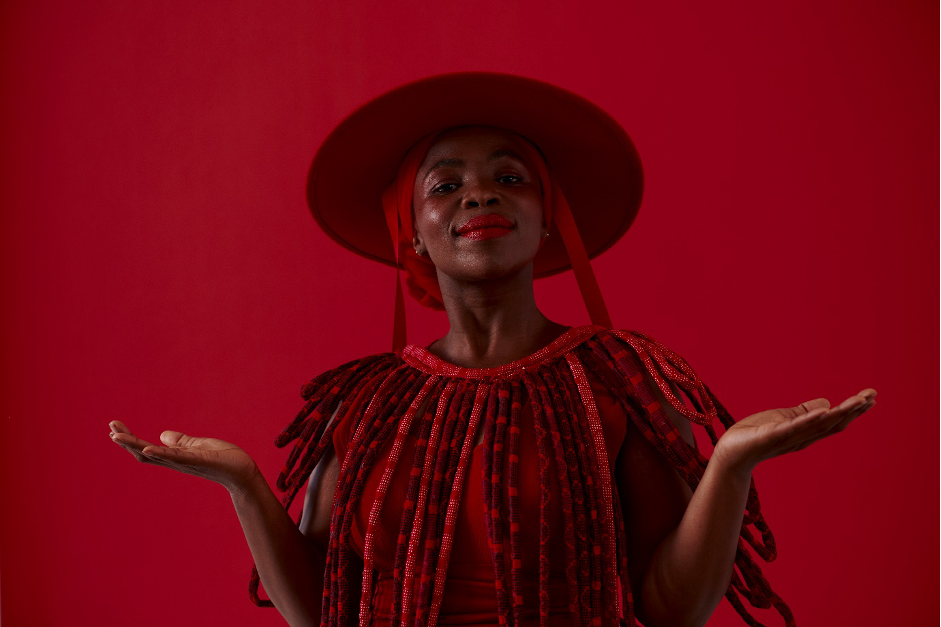In South Africa, universities are fortified centres of (and for) privilege - a privilege instituted as capitalist enclosure which undermines the ethos of education as a common good. Only the privileged and resourced are fortunate enough to enrol in universities hassle-free or choose to go study in the exclusive under-populated private universities, while the ‘rest’ must wrestle it out with one another for the limited spots available in public institutions. Public universities, those which are state-funded, are heavily incapacitated by the influx of desperate students from poor working class families, a majority of whom are forced to sit out the year, or seek alternatives in the form of often frowned upon TVET colleges. In the public discourse about these ‘alternatives’, there is hardly a mention of private universities and how they can be made to allow poor working class prospective students to enrol. Following Jeff Shantz’s theorization of the tension between the commodity and commonism (Commonist Tendencies: Mutual Aid Beyond Communism), I hereby propose the nature of such a political intervention by way of de-privatization, or education as ‘commons’ (shareable because it is accessible), to open (up) South Africa’s Higher Education, and open a conversation about imagining a society beyond capitalism and, consequently, privatization.
Case for Universally Fee-Free Education
The history of the recent student movement, #FeesMustFall, has been documented extensively over the last few years, but regardless of your position within the wide and often chaotic ideological spectrum, it continues to haunt our collective psyche as a country. As one of the most unequal societies on Earth (according to this report , the Inequality Trends report, as well as the World Inequality Database), South Africa had no other option but to legislate and roll out universally fee-free education for everyone (declared as free education for the poor). Put differently, could a country reeling and writhing from an unjust colonial past afford to lock out the majority of its citizens from its universities? How sustainable was this systematic exclusion, which is to say, perpetuation of capitalist enclosures in the face of growing economic disparities?
#FeesMustFall made a case for education as a common good and a pre-condition of possibility for a just and socially responsive society, whereby education is a source of good for the general public. This caused a serious rapture in the collective imagination of South Africans and had equally serious implications for Capital which had, over the last few decades, aggressively managed to corporatize the University. Unfortunately, the ‘Fallist’ discourse, never matured enough to extend the call for Free Education beyond the traditional public, State funded, University in the country. If Fees were supposed to Fall, how did the students miss these private universities, which are some of the most expensive institutions on the land? To cast a different charge, one would ask, seeing that the #FeesMustFall discourse permeated all levels of education (COSAS’s call for the nationalization of private schools being the latest reification), how did the privileged students in those private institutions not call for Free Education (when all public university students organized themselves for Free Education) in their respective institutions when their universities are better resourced to absorb a considerable number of qualifying poor students?

Private University
Case for and against Privatization
The most prized object and central feature of Capital is the commodity. According to Shantz, the commodity is and makes possible, simultaneously, “the gross discrepancy between the privately held profit from resource extraction and industrial production”. The logic of the commodity, which “presupposes private owners[hip]” and makes possible the practice of commodification (a state of being bought and sold, because “the commodity”, Shantz argues, “is a good for sale”) easily justifies the continued practice of capitalist privatization and the normalization of such a state of things as the reigning logic of exclusion. From private hospitals/clinics, to private schools/universities, and even private lavatories, the logic of the ‘private’ makes Capitalism possible, usually at the expense of those materially less fortunate. Privatization is an imposition of exclusion, a “legalized practice of enclosure. . .[and] an offensive against the para-commons, those collective resources wrestled from capital as part of previous rounds of social struggles” (Shantz). The antithetical feature and opposite side of this coin (the private commodity) is the common.
Commonism, a multiplication of and desire for commons, is a reimagining of the current social and political order, a “constructive vision and practice of meeting social needs. . .an aspiration of mutual aid, sharing and common good, collectively determined and arrived at” (Shantz). The commons are a base upon which human social life can be sustained and developed. Like welfare and health care, education is only effective when made accessible to all and utilized for the sole betterment of society. According to Lindy Heinecken, “the fact that only a few people can afford to send their children to well-resourced, fee-charging schools widens inequalities.” Education, when ‘common’ (especially in an unequal society), is produced for the primary purpose of being shared in order to eliminate the sharp class divisions which persist under a racial capitalism.
Case against Private Universities (Free Education for all, everywhere)
All major cities in the country boast of a handful of private universities but none situated in poor working class communities. They are some of the most well-resourced education institutions; they often have the best ‘state of the art’ equipment whenever and wherever necessary, some of the most skilled staff and educators, with some of the safest campuses. Unsurprisingly, they are the most expensive and are populated by white and Black middle-class young people whose parents have no problem paying up to R100 000 for one full academic year, and this usually covers the tuition fee alone in institutions such as AFDA, City Varsity, Vega etc.
At a time where public universities are struggling to absorb the large numbers of students, including newly matriculated students, it would make sense for South Africans to initiate honest conversations about ways in which these private universities could de-privatize or perish. The state, having declared free education in 2017 after sustained pressure from #FeesMustFall activists, should consider extending such a progressive move to all institutions of higher learning, a move which would lighten the load off the traditional universities, and thereby giving all South Africans an opportunity to study where they wish without the threat of exclusion. Put differently, the number of universities would double and fairly give everyone an opportunity to study so they can be properly capacitated to contribute meaningfully to the country. This would be the total opposite of studying so that you can be a useful implement or cog in the market.
The unpreparedness of the state to roll out free education for all is not a secret; the disastrous handling of the walk-in process and the backwardness of the NSFAS model (which the student movement had demanded it closes shop) is sufficient proof. However, free education for all and everywhere is possible and is a matter of political will from the state. Salim Vally et all (2016) argued that “higher education in South Africa is chronically underfunded”, but “there are revenue sources that can be examined carefully and accessed to fund free education for all, at all levels” (emphasis mine). I’d hasten to add, at all levels and both public and private sectors. The role of the state, the authors suggested in the same article, would be to source funding through progressive legislation (following up on its constitutional obligation to make education ‘universally accessible’ to all) that would allow for “raising more tax from the super-rich and stopping the illicit outflow of capital”. With enough institutions and funds, the state would establish a national Higher Education fund, managed by an independent board that would ensure all prospective students can study anywhere in the country, and further undermine the dichotomous logic of the public and private as far as Higher Education is concerned.


